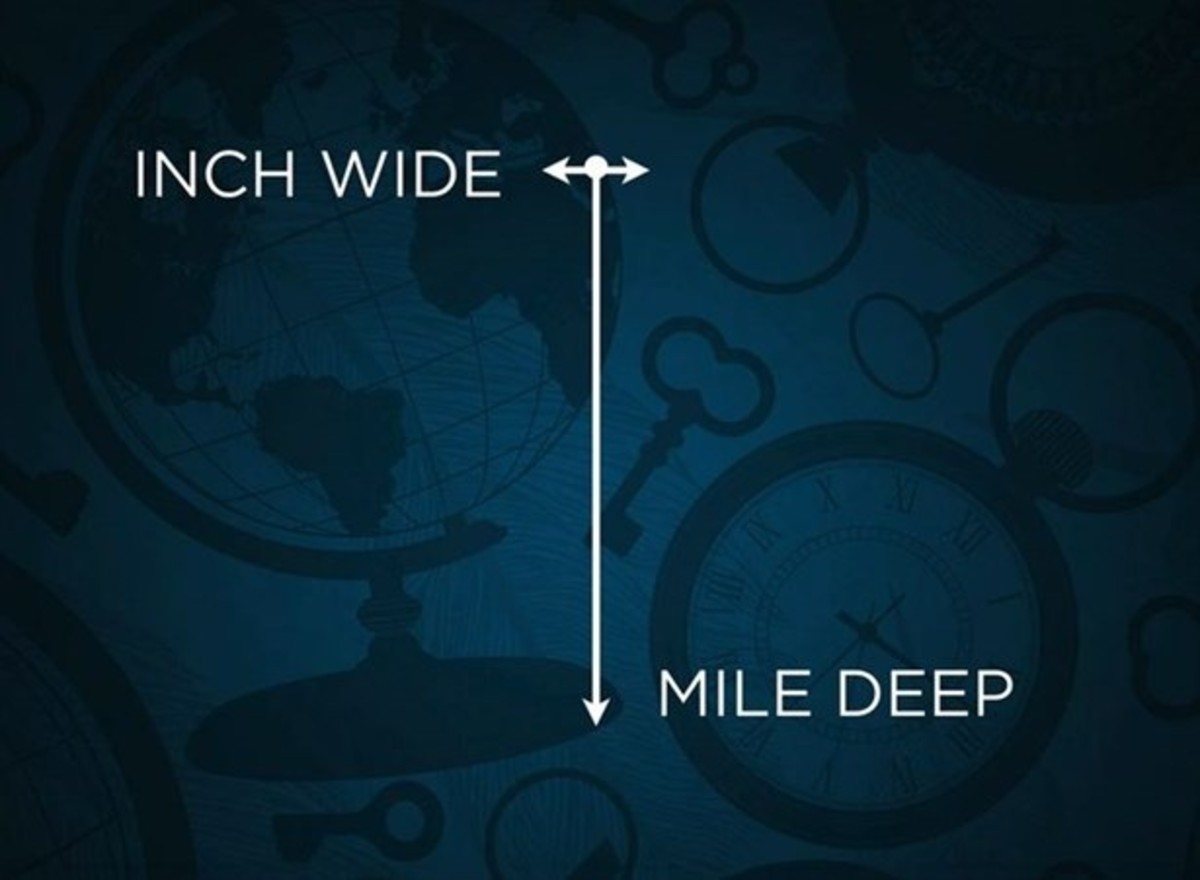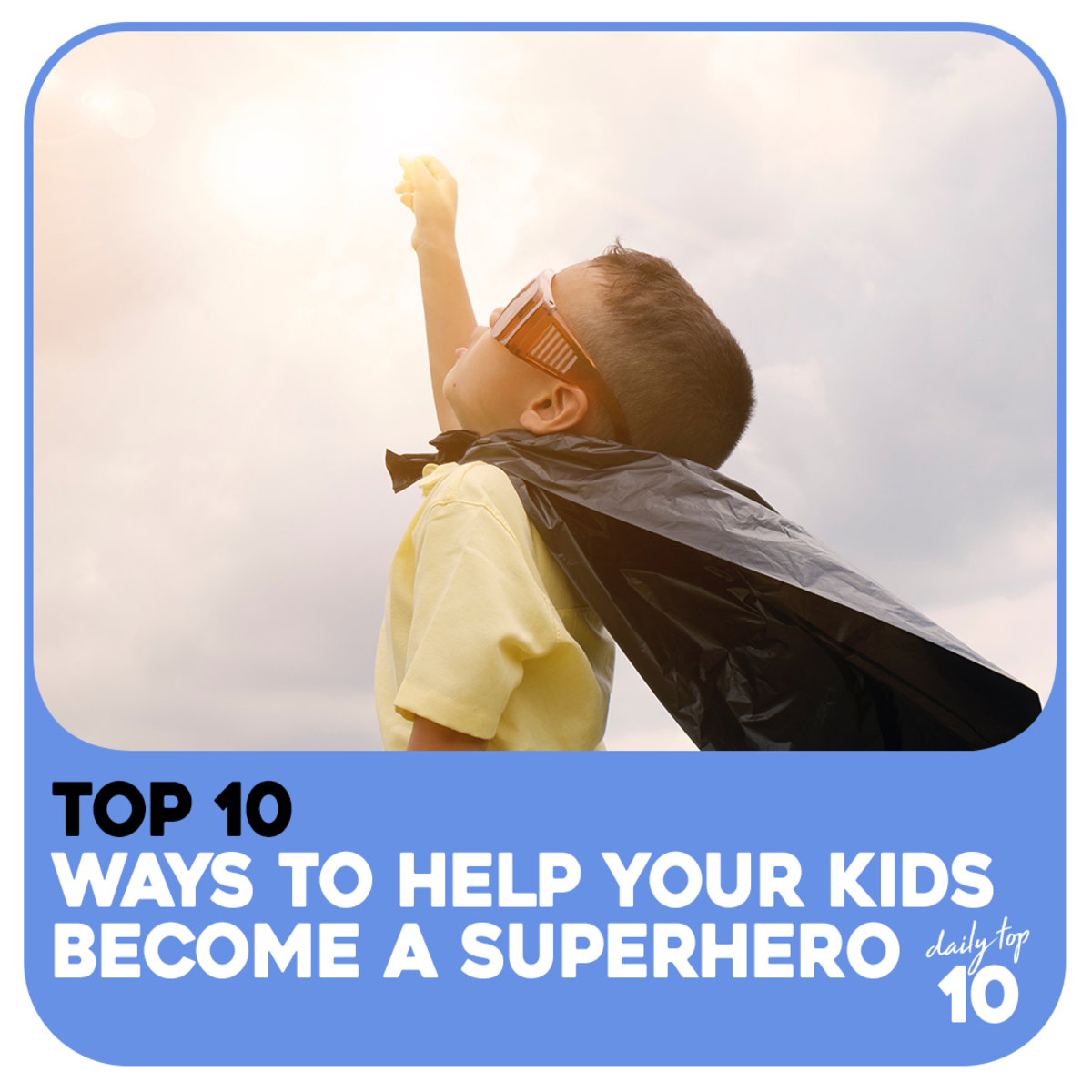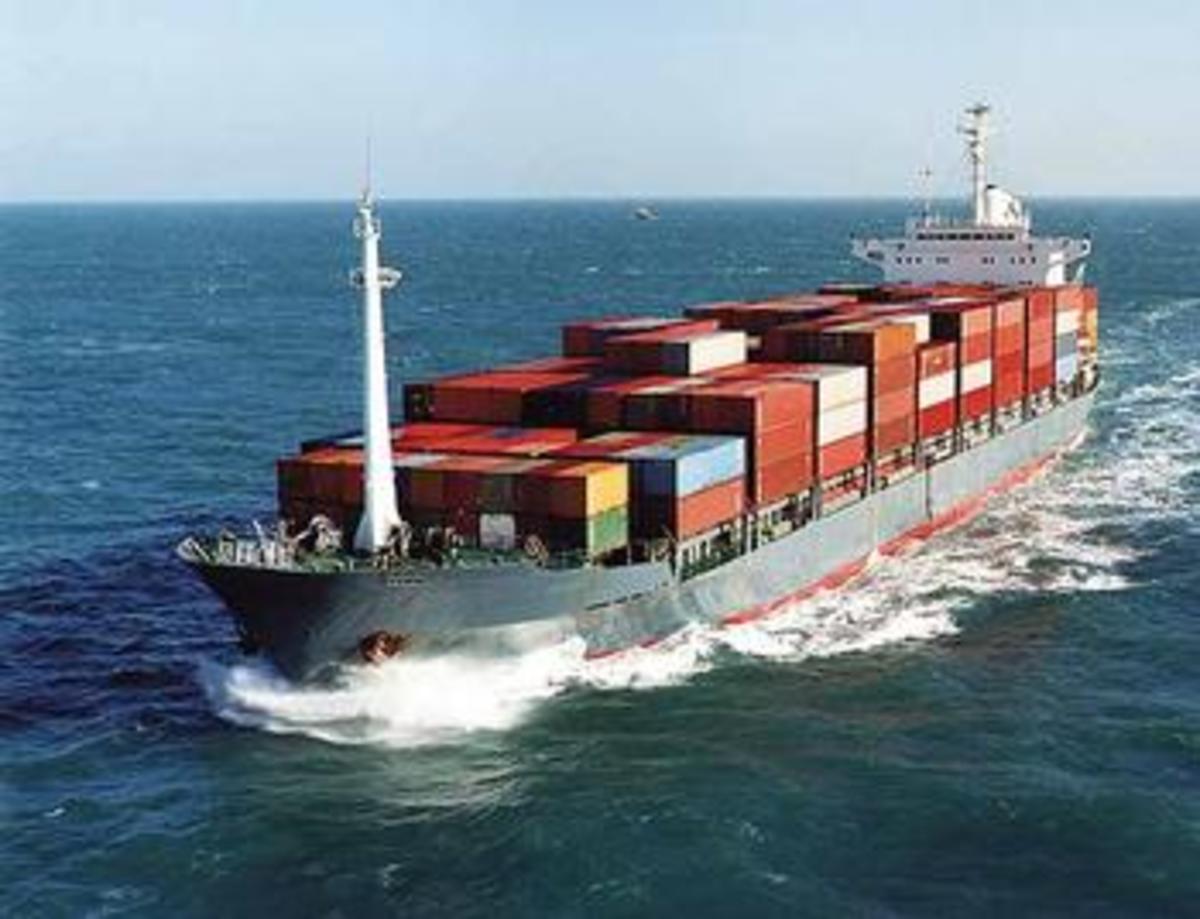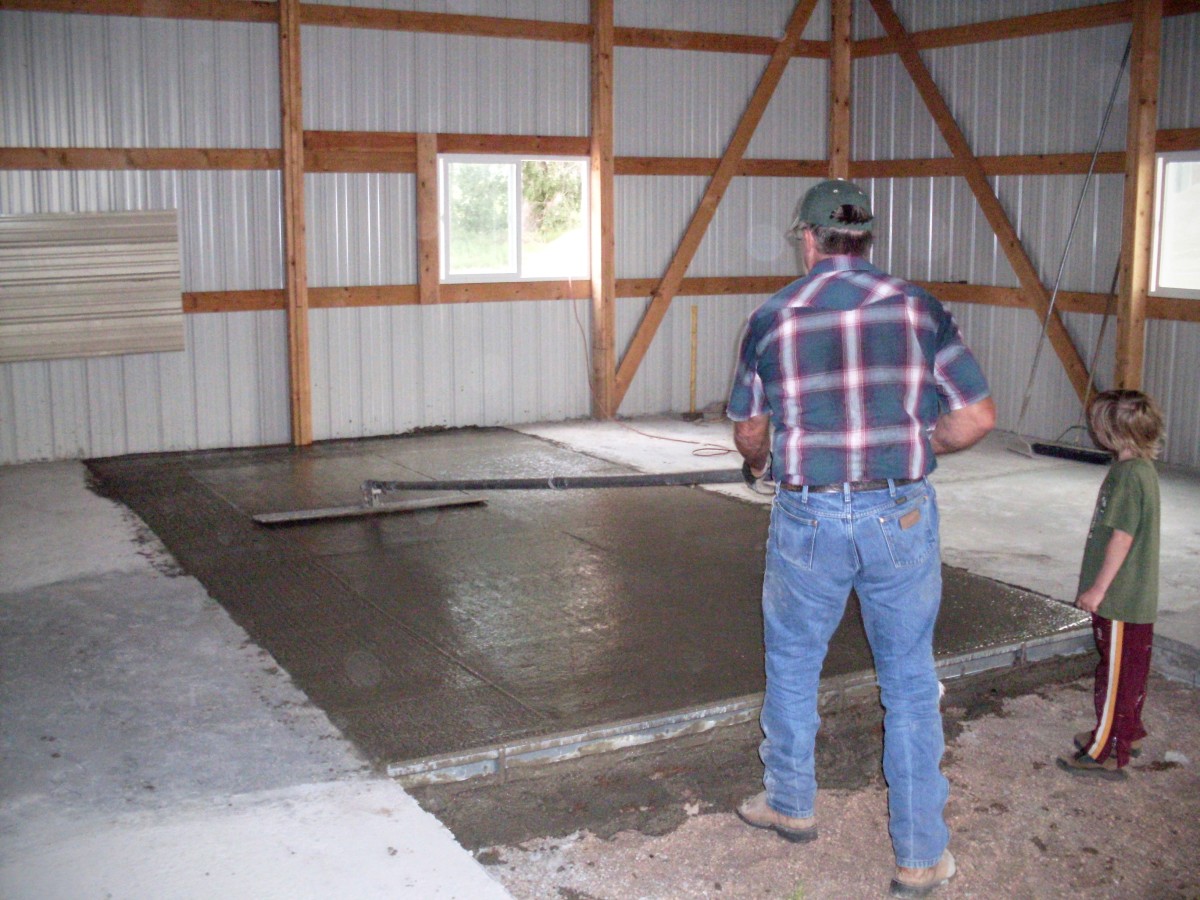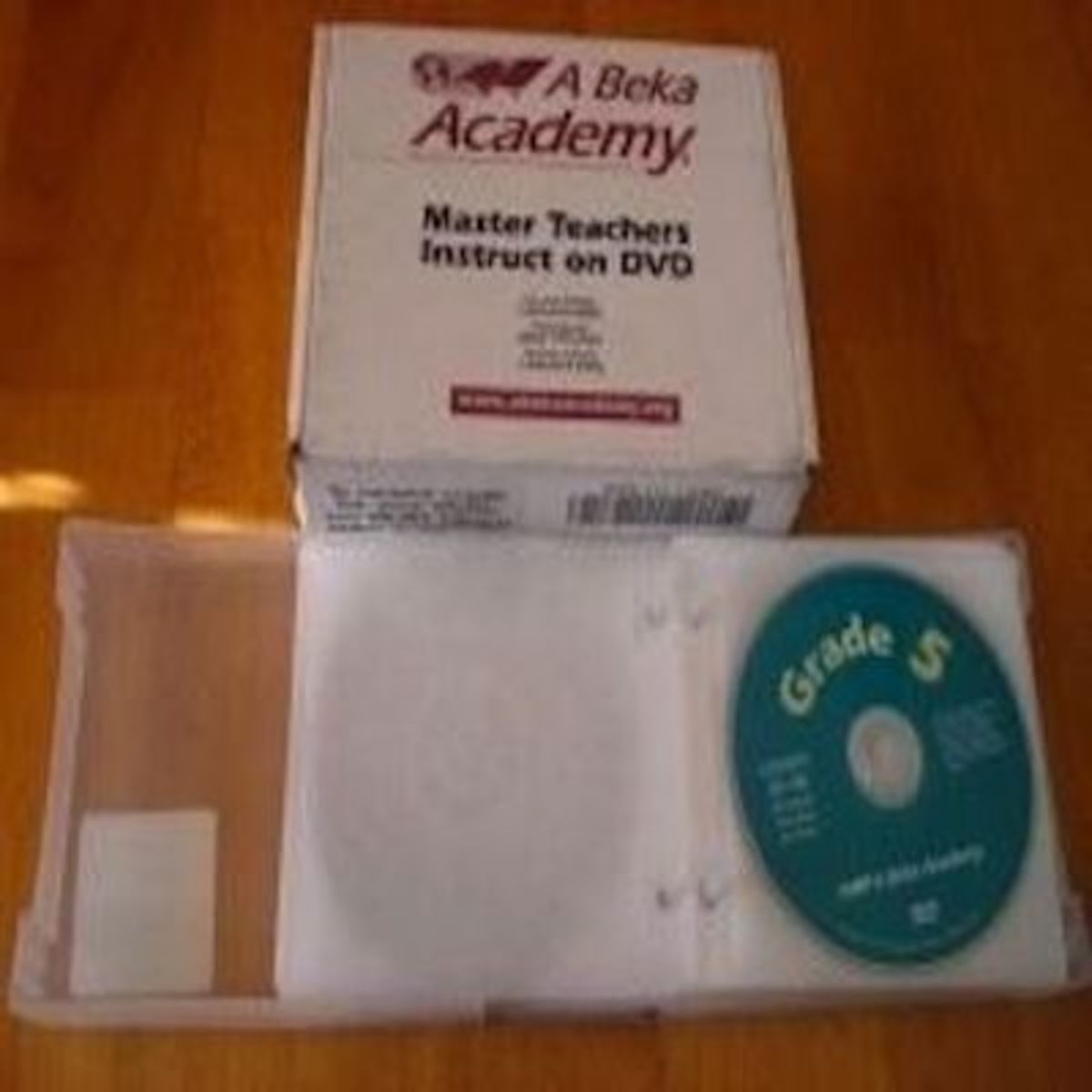7 Things That I Wish I Had Learned in School
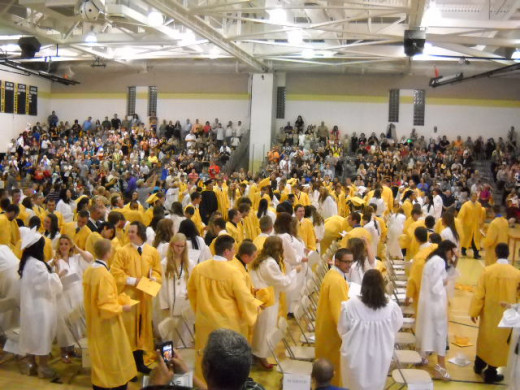
Grades over knowledge
When I was a kid, I always wanted to do well in school. It was burned into my brain that I needed to get good grades in order to do well in life. I gave 100 percent to every subject and studied as a hard as I could.
When I came out of school, though, I could hardly apply anything that I’d learned in my 13 years of grade school and four years of college to real life. Instead, there was an endless list of new things to learn.
Since then, it has made me think, when my education was preparing me for adult life, why didn’t they teach me any of the things that every adult needs to know? Instead, I came out with 17 years of useless knowledge, most of which I have never needed since except maybe to help a younger person get through their own school years. Below are seven things that I wish I’d learned while in school so that I could have been better prepared for my adult years.
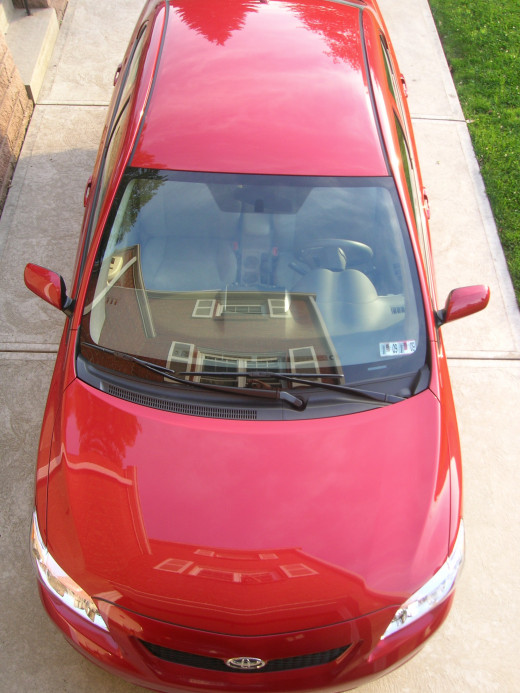
Vehicle maintenance
Most kids take driver’s ed while in high school. I didn’t, but I don’t think I missed anything about learning to drive a car that I didn’t learn from my parents’ instruction. Instead, I would have liked to have learned how to maintain a vehicle.
I am still clueless about basic car maintenance, despite having been licensed to drive for years. Of course, there’s always AAA, and mechanics can be found on every corner, but you can feel very helpless when you have car problems that you don’t know how to handle.
I wish I would have learned:
- How to jump a car
- How to change and put air into a tire
- Add windshield wiper fluid
- Replace burnt out lightbulbs
- How to check/change oil
Not everyone will learn how to drive a car in their lifetime, but almost everyone will at least ride in a car, and it can’t hurt to know how to fix a general problem.
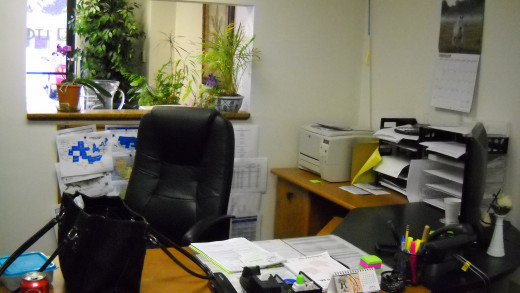
How to find a job.
This was something we glossed over in middle school when we were years from graduating from high school, and back then, most of us didn’t even know what we wanted to do with our lives. We held mock interviews where we dressed up and brought a resume and portfolio, but I think that we needed another shot at it whenever we got to be seniors.
Not everyone was going to college and those who had were most likely still going to work while we went to school. It would have been nice to practice the following before I went job hunting for real:
- write a resume
- the do’s and don’ts of going on a job interview
- where and how to apply for a job
- what kind of entry level jobs to pursue in your desired industry
- How important volunteer work and internships are

Budgeting
How much does it cost to live on your own? I never knew how much an electric bill was, how to pay a bill, or how to put down a deposit on an apartment until I actually had to do it.
Again, school tried to provide an idea of what to expect but not the details. We learned how to balance a checkbook by carrying around our own checks, writing them out whenever we'd done something wrong and receiving a check whenever we'd done something well. We could then use the money in our checking accounts for different rewards. I don't believe this is a part of every middle schooler's typical curriculum, but it should be.
I also remember a semester-long exercise in health class where students drew job titles with a fixed annual income and had to make choices on how to put that money towards living expenses. I spent most of that semester in debt until the very end of the lesson when I finally evened out, having made just enough money to pay my debts. It wasn't a very practical lesson, but it did show the stress involved in paying bills and the means within which you can live on the income that you make.
Still, I wish they had taken things further by showing us how to:
- Pay bills
- file our taxes
- apply for and use a credit card
- make a budget based on current costs of living
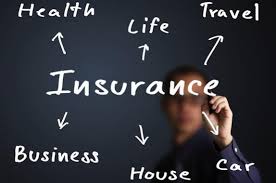
Insurance and taxes.
When I got my first full time job out of college, my boss handed me an insurance packet, and I was on my own to figure it all out. I had no idea what any of it meant, and to be honest, I still don’t understand it all. Whether it be health insurance, car insurance, or home insurance, it is an important thing to learn.
- How do deductibles work?
- What are co-pays?
- What kind of plan should you choose?
- How do you file a claim?
Insurance may be the furthest thing from a teenager's mind, but I was begging for this knowledge later in life.
Taxes are a big one as well. There are accounting classes that you can take in high school, but everyone should be given a tutorial on W2's and how to plug your information into an online system that calculates and files your taxes, whether you're an employee or a business owner. Surely this is more important than three years of World War II history, as interesting as that can be.
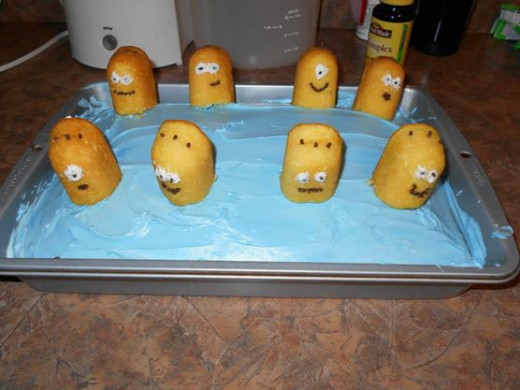
Cooking
Most kids have to take a home economics class in school, but if they are anything like mine were, kids aren’t learning much. Most of the recipes that we cooked with were made with Pillsbury Crescent Rolls, and we were rushed for time. We almost never made anything more than an appetizer, which I have never recreated.
It would have been nice to learn how to properly use an oven, a dishwasher, and other basic kitchen tools as well as learn how to properly cook meat, safely chop vegetables, and even make a Thanksgiving dinner.
I also would have liked to have learned:
- How much food costs.
- How to shop for groceries.
- How to measure and weigh food and follow a recipe.
These were all things that I was lacking in my home economics classes and were skills that I had to learn on my own through trial and error.
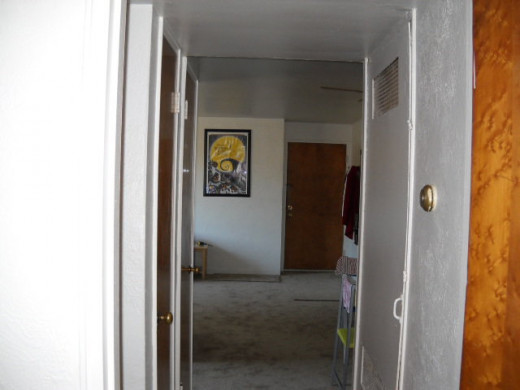
Home and apartment maintenance.
Moving out is more than just putting your things in a new space. You won't even be settled in for a week before you realize how little you know about taking care of your own place.
I should have known how to:
- change a furnace filter
- hook up electronics
- make general repairs
- use basic tools
We all have landlords and people that we can call in times of crisis, but the more independent you are, the less panicked you’ll be when something breaks.
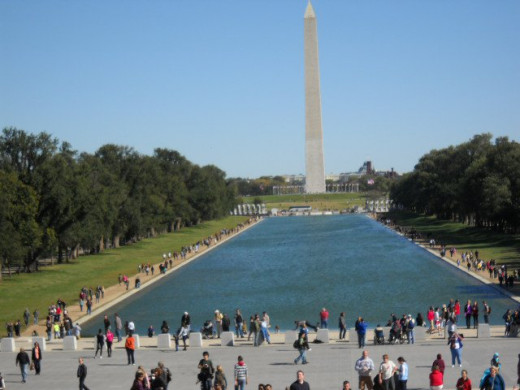
How to make travel arrangements.
Maybe vacations and travel are not that important, but adulthood is about mastering your independence and creating life experiences for yourself. We spend hours in history and geography classes learning about world events, but no one ever encourages us to go there and see these places for ourselves.
Wouldn't it be nice to have a class that would teach you how to:
- use a GPS/map?
- book a place to stay
- obtain a passport
- book a flight and learn how to maneuver through an airport
To me, a vacation is more relaxing if you’re prepared going in. Why not show us how to travel while we’re still in school?
What skills do you wish you had learned in school? Leave your answers in the comments below!


